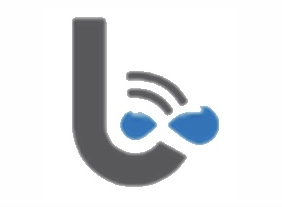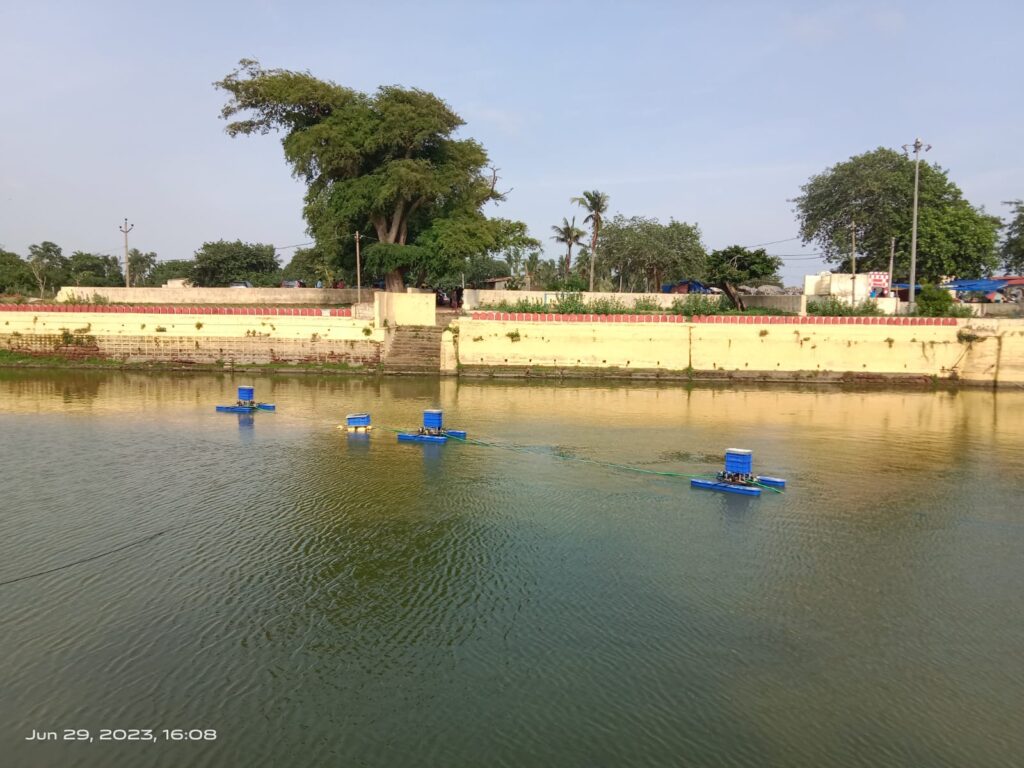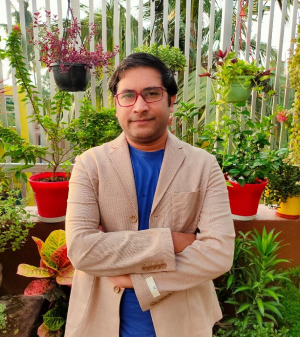

Bariflo Labs

 Challenge
Challenge
Water quality monitoring (WQM) is essential for ensuring the portable tap water. However, capital-intensive solutions for WQM and the higher cost of the sensors are significant limitations in implementing the real-time WQM solutions at a large scale. Ideally, the WQM should be implemented at the household level. Management of water supply infrastructure from a central location also needs data monitoring from each source and consumer point for better decision-making. Awareness creation at the consumer end and alert systems are also necessary for ensuring water quality.

 Solution
Solution
EyeNetAqua Solutions solved the issue by innovating and demonstrating a real-time “Smart water supply measurement and monitoring system,” an IoT-based WQM monitoring system with technologies for low-cost indigenous sensing solutions. It was implemented in 13 villages in the Ambala district of Haryana. Based on the experience and the requirements, they have developed a less capital-intensive WQM solution. The solution will also be a validation platform for indigenously developed low-cost sensing solutions. The key features of the unit include modular construction, solar-powered function, adaptability to most of the sensor interfaces available in the market, upcoming in-house sensors, which will reduce the cost of the unit several folds and a configurable dashboard with data analytics.
 Implementation and Impact
Implementation and Impact
Bariflo labs have implemented the solution at Badbil, Keonjhar Odisha and in the mining-affected water bodies at Angul District, Odisha. In addition, during the harvesting process, carbon and water security credits are generated. The marginal farmers are incentivized through their block chain data framework by selling them to the carbon-rich industry. The impact is that this innovation recreates the biodiversity and creates employment for at least ten per water body. It sequesters carbon and also helps in the reversal of climate change.


